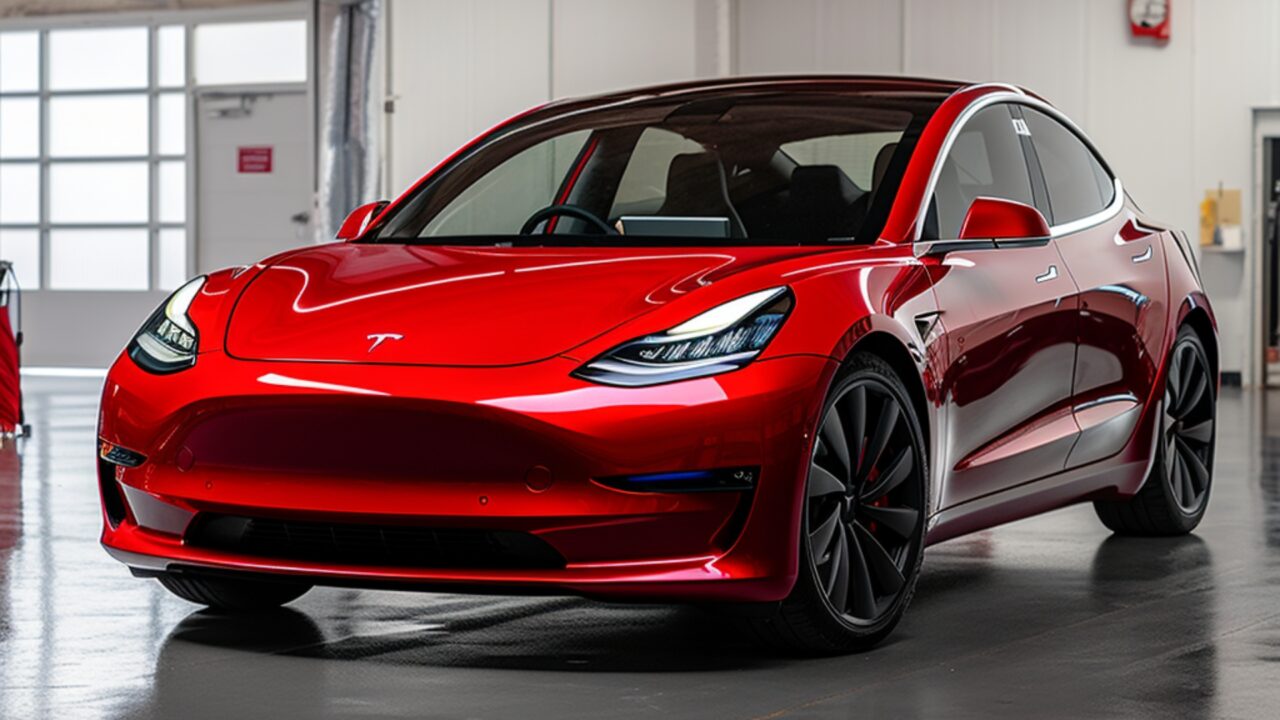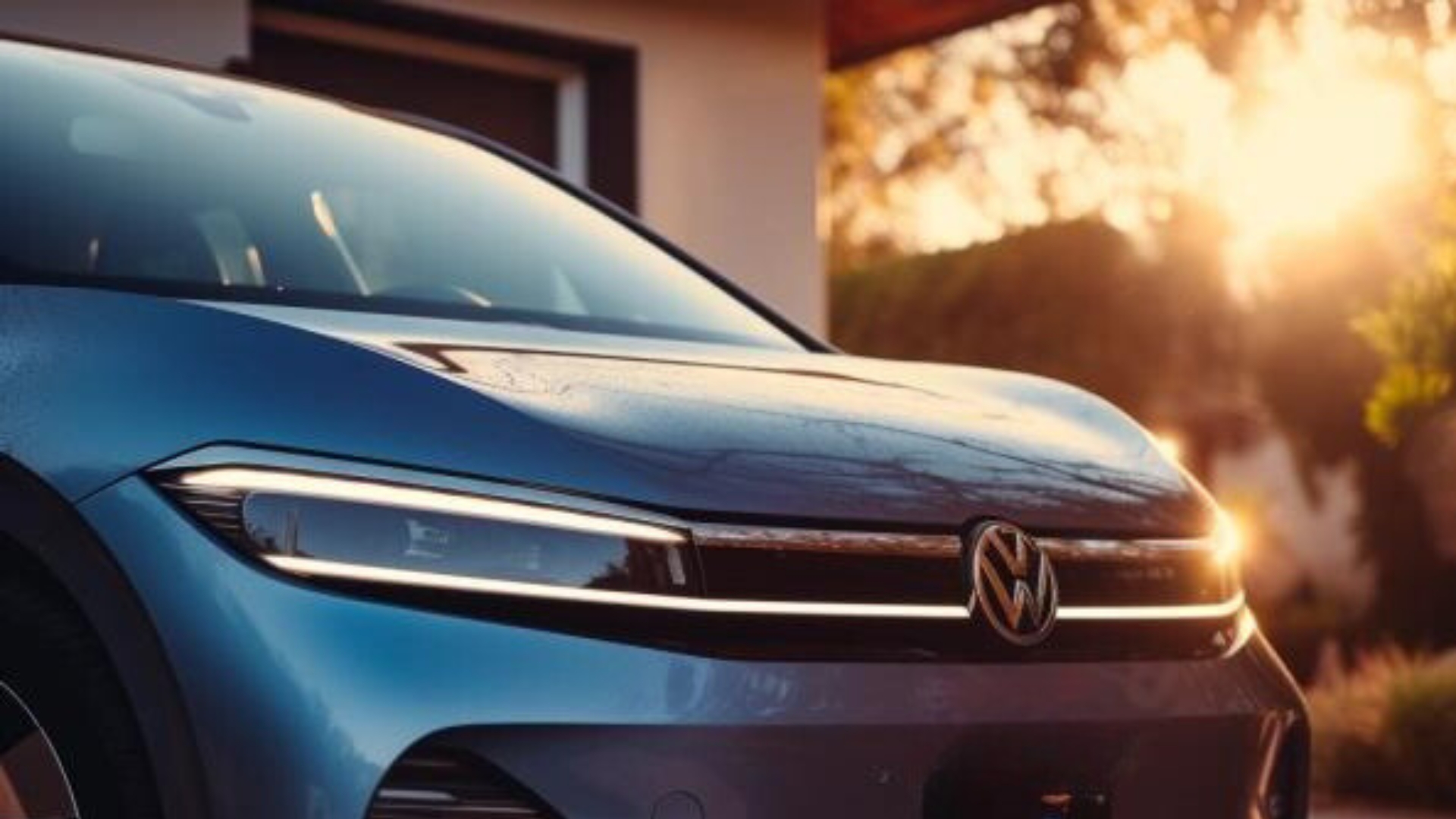The UK increases its eco-drive with a £70 million investment in EV infrastructure and a collaborative green shipping initiative with the US. These moves, combined with the EU’s EV tariff delay are helping the shift to more sustainable transport.
In a move that’s set to electrify the nation’s motorways, the UK Government, at COP28’s Transport Day in Dubai, has unveiled an ambitious £70 million pilot scheme. This initiative is designed to expand ultra-rapid electric vehicle (EV) charging stations at motorway services.

Funded under the government’s Rapid Charging Fund (RCF), the scheme targets developing up to 10 trial sites across England. These sites will receive enhanced electrical capacities, enabling the private sector to install state-of-the-art, high-powered chargers. This is a strategic move to address one of the major barriers to the availability and speed of charging facilities, particularly for long-distance travellers.
To ensure the project’s success, there is a 10-week public consultation. This phase involves gathering inputs from various charge point operators, service area operators and electricity suppliers. The aim is to set the best locations for these chargers and optimise the entire network’s design and effectiveness.
This initiative is part of a wider environmental strategy by the UK. In collaboration with the US, the UK announced plans at COP28 to develop green shipping corridors.
These eco-friendly maritime routes between the UK and the US are a significant step towards reducing carbon emissions in the shipping sector. The collaboration also includes a competition set for spring 2024, focusing on fostering innovation and cooperation in sustainable maritime transport.
This initiative promises to drive forward-thinking solutions and global collaboration in tackling one of the transport sector’s biggest environmental challenges.
This collaboration is needed, with recent data from the Society of Motor Manufacturers and Traders (SMMT) revealing that in the first ten months of this year, pure battery electric models have captured a 16.3% share of the new car market in the UK. This is an EV market increase from the previous year’s 15.1% and indicates growing demand for electric vehicles in the country.
In related global news, the European Commission, acknowledging the complexities of post-Brexit trade, has proposed postponing tariffs on UK-EU traded electric vehicles until 2027.
This move, which is still pending approval from European Union member states, comes in response to concerns raised by carmakers about their preparedness for the new trade rules. The original plan, which included a 10% tariff intended to protect the EU car industry, faced challenges due to the slow pace of local battery production, leading to a heavy reliance on imports.

This tariff delay is poised to address the financial implications for manufacturers and potentially prevent damaging price increases for consumers.
Complementing this, the European Commission plans to provide €3 billion to support European battery manufacturers, emphasising the critical need for local battery production capabilities to meet the 2027 deadline. This support is a clear indicator of the EU’s commitment to bolstering its automotive industry’s competitiveness while transitioning to more sustainable modes of transport.
